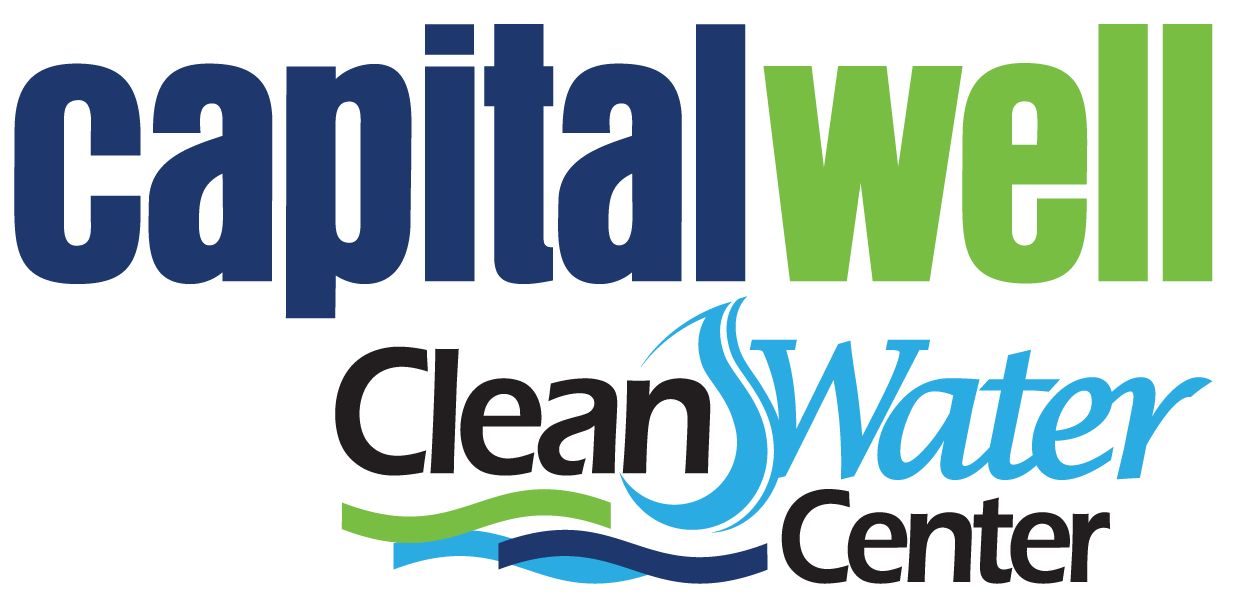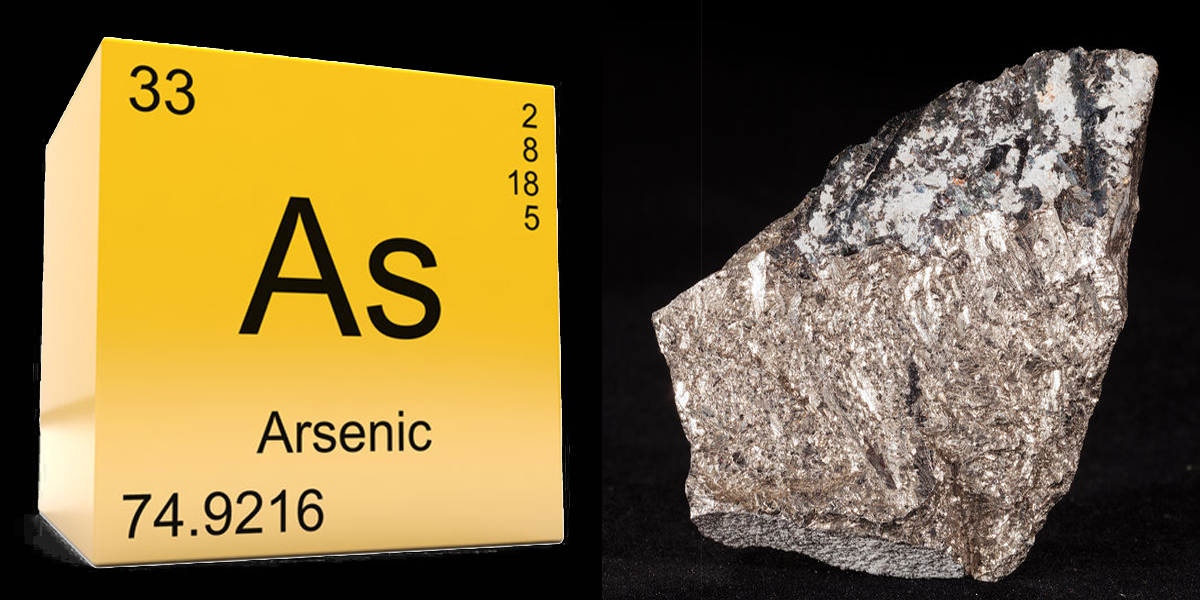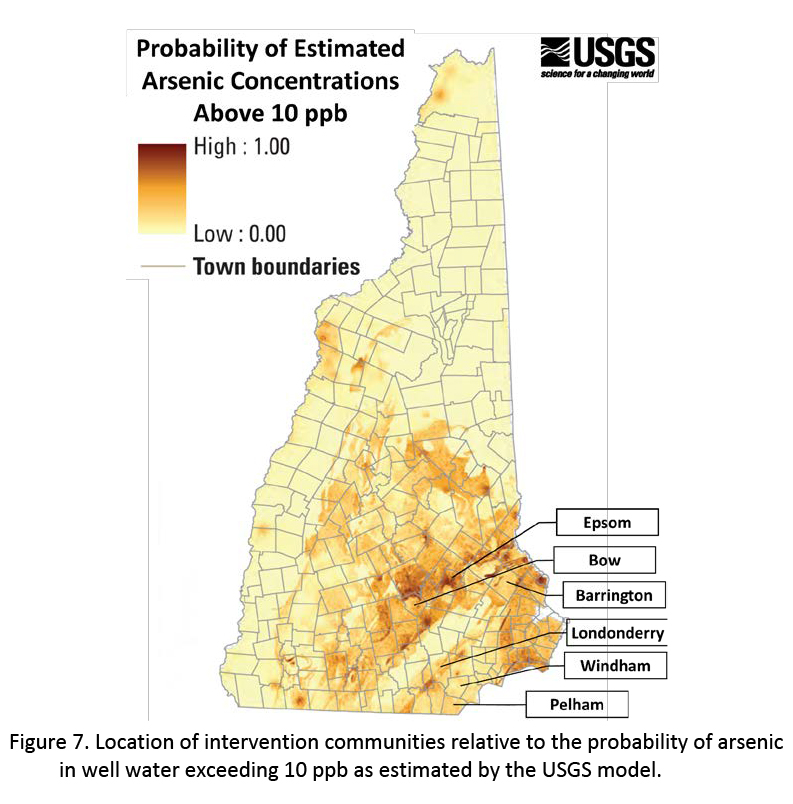Arsenic Levels in New Hampshire’s Water: Big Changes Coming
Arsenic is a naturally occurring contaminant and unfortunately, fairly common in New Hampshire’s groundwater. It is not detectable, by smell, taste or sight.
Studies have shown that there is a direct connection between arsenic and the increased incidence of certain cancers. There is a higher occurrence of bladder, lung, and skin cancers as well developmental problems in children.1 Over 30% of the public water supply in New Hampshire is known to have measurable amounts of arsenic. Because this is a serious public health concern, it has prompted to two new NH House Bills concerning the revision of acceptable arsenic levels and testing. These bills are moving through the process and are expected to pass.
WHAT DO THESE NH HOUSE BILLS MEAN?
HOUSE BILL 261 Revises rules relative to ARSENIC contamination in drinking water. The maximum contaminant limit for ARSENIC should not to exceed 0.5 parts per billion for public water systems, down from 10 ppb.
Currently, the (maximum contaminant level – MCL) for arsenic 10 ppb (parts per billion). The 10 ppb MCL for arsenic is associated with a far greater cancer risk. 3,000 in a 1 million (roughly 1 in 300) – based on the health effects information available in 2001 when the standard was set.2 Water systems have been required to meet the new standard since January 23, 2006.
HOUSE BILL 667-FN Requires well water meets to meet water quality standards before a person may receive a CERTIFICATE OF OCCUPANCY for new construction.
When NEW CONSTRUCTION is completed, the person responsible for such construction must seek a certificate of occupancy. They will then have to submit a laboratory report from an accredited lab that demonstrates the well water on the site meets or exceeds current water quality standards in rules adopted by the department of environmental services.
If the well water does not meet such standards, water treatment system must be installed to filter contaminants to levels that meet water quality standards.
A municipality will not issue a certificate of occupancy to a person who cannot demonstrate that the well water serving his or her new construction meets or exceeds current water quality standards.
HOW DOES IT AFFECT EXISTING WELLS?
Approximately 46% of New Hampshire households rely on private wells. For instance, NH does not require private wells to comply with maximum contaminant levels. The New Hampshire Department of Environmental Services believes that lowering this level would prompt many private well users to take action. Homeowners would then want to test and treat water from their own wells if the arsenic level is above .5 ppb.
A study conducted by Dartmouth College in 2014 estimated that 93,647 private well users in New Hampshire were drinking water with .5 ppb or greater of arsenic.3
WHERE IS ARSENIC LOCATED IN NH?
Three more interesting maps of NH from the US Geological Service:
The Health Benefits of a Lower Arsenic Level Standards
-Decreased risk of lung, bladder and skin cancer
-Lowering the rate of adverse birth outcomes, infections in infants and gestational diabetes
-Helps prevent damage to a wide range of cognitive skills, including processing speed, executive function, memory and reduced IQ
LET US TAKE THE WORRY AWAY!
We are a licensed water well contractor and water treatment specialist. We can work with you to help ensure your well water remains clean, clear, and safe for your family. Call (800) 924-1192 today.
Learn more: An in-depth explanation from the New Hampshire Department of Environmental Services
Dartmouth Thayer School of Engineering Arsenic in Private Wells Report 2015
References:
1 Dalsu Baris, et.al. Elevated Bladder Cancer in Northern New England: The Role of Drinking Water and Arsenic. Journal of the National Cancer Institute, 108(9). September 2016.; see also Section 5.1.1.2 of this report.
2 National Research Council (2001). Arsenic in Drinking Water 2001 Update. Subcommittee to Update the 1999 Arsenic in Drinking Water Report. Board on Environmental Studies and Toxicology. National Research Council. 2001
3 Mark Borsuk, et.al. Arsenic in Private Wells in NH, Year 1 Final Report. Thayer School of Engineering at Dartmouth and Dartmouth Toxic Metals Superfund Research Program. October 3, 2014 (p 28). http://www.dartmouth.edu/~toxmetal/assets/pdf/Wellreport.pdf





